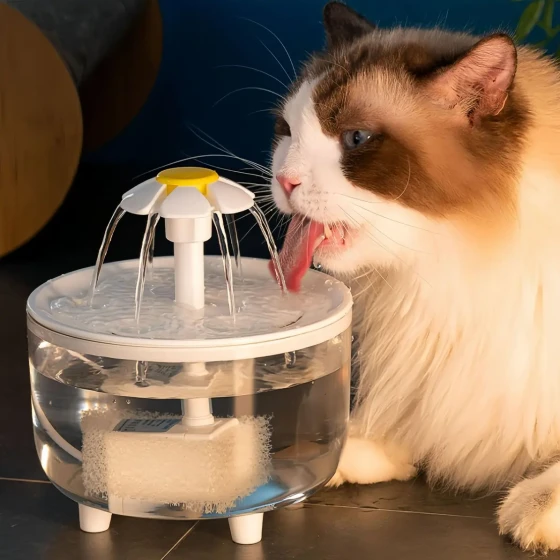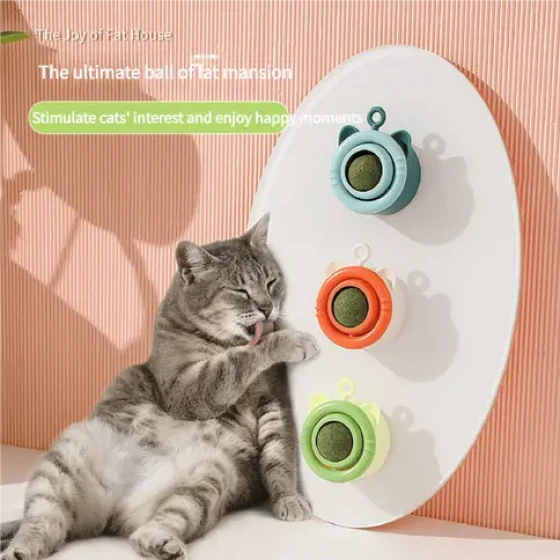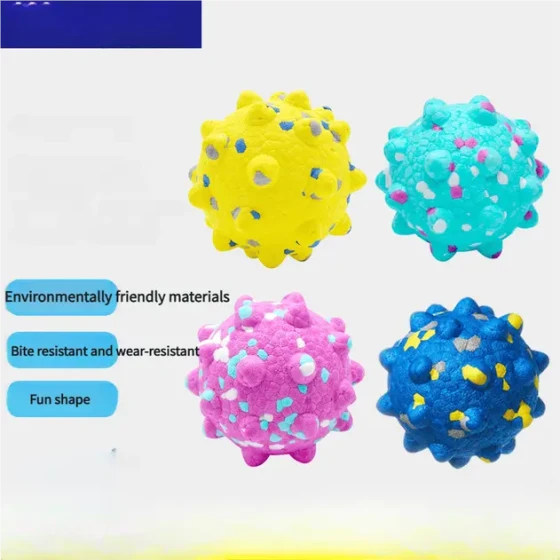Comprehensive Guide to Home Emergency Care for Cat Diseases

British Shorthair Cat
Flu
Flu is a viral disease, usually transmitted through contact between cats. Antibiotics have no effect on viruses, so the usual treatment is to alleviate the clinical symptoms of the cat as much as possible, improve the cat's own immunity through a balanced diet to protect the cat’s life until it recovers naturally. However, there is a prevention method—vaccination, which can combat the flu.
Cats with this disease show symptoms of a severe cold and may also have ulcers on the surface of the eyes or inside the mouth. Cats rely on their sense of smell to stimulate appetite; flu causes loss of smell, leading to reduced food intake. Some cats may never fully recover and become chronic flu sufferers or “nasal congested ones.” Kittens are often the most severely affected; without careful care, kittens may die. To help kittens resist this disease, kittens need to be vaccinated, and adult cats require an annual booster shot.
Enteritis
This disease is very dangerous, especially for kittens. Symptoms include lethargy, loss of appetite, vomiting, dehydration, and diarrhea. If a mother cat is infected during pregnancy, her kittens may develop symptoms of nervous system damage. The enteritis virus can survive in the environment for up to a year, similar to flu. Cats that recover become carriers of the enteritis virus. Additionally, kittens need to be vaccinated against enteritis as per veterinary instructions, and adult cats require an annual booster shot.
Parasites
Prevention: Fleas and lice are two common parasites in cats, usually infected through unclean living environments or contact with other small animals infested with fleas. Once infected, it can cause other diseases with serious consequences. To prevent this, regularly bathe cats with appropriate shampoo to achieve good results. At the same time, maintain cleanliness in the cat’s living environment.
Deworming: If you find lice on your cat but the cat shows no obvious symptoms, remove the lice and closely observe the cat’s behavior for the following days. If coughing, vomiting, abnormal voice, or abnormal gait occur, immediately take the cat to the hospital.
Poisoning
Poisoning symptoms include sudden vomiting or diarrhea, excessive salivation, trembling, convulsions, inability to stand steadily, and sudden collapse. If poisoning is suspected at any time, pay immediate attention. If you can show the veterinarian suspected objects such as food packaging, labels, food, vomit, or snakes or spiders killed after biting the cat, it will greatly help the diagnosis.





